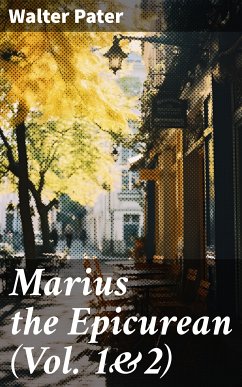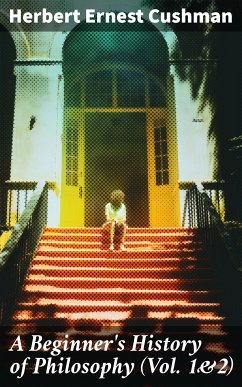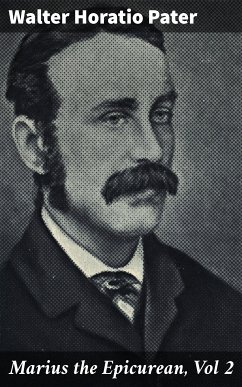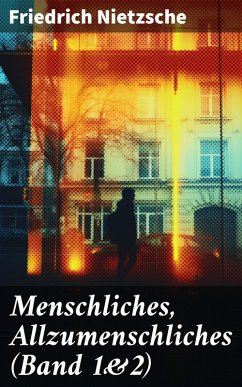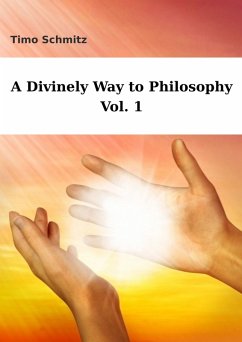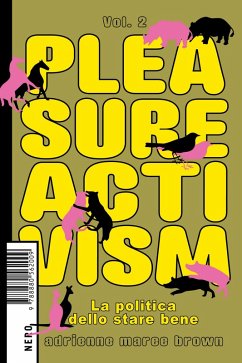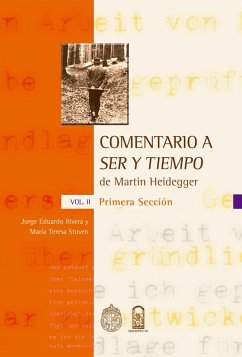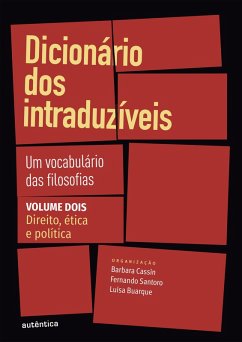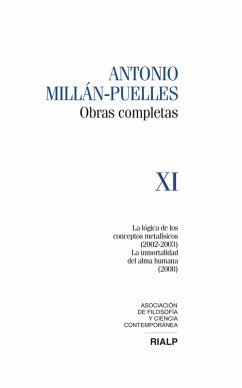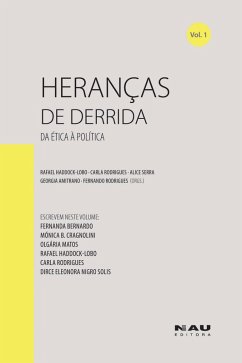
Marius the Epicurean (Vol. 1&2) (eBook, ePUB)
Philosophical Novel

PAYBACK Punkte
0 °P sammeln!
Walter Pater's "Marius the Epicurean" is a profound exploration of the philosophical and sensual dimensions of existence set against the backdrop of Ancient Rome. In this richly woven narrative, Pater employs a fluid and lyrical prose style, interspersed with vivid imagery and detailed characterizations, to delve into the life of Marius, a young man seeking pleasure, knowledge, and ultimately, truth. The dual volumes encapsulate a time when Epicureanism intersects with the rise of Christianity, presenting readers with a vibrant tapestry of conflicting ideals and the search for personal fulfill...
Walter Pater's "Marius the Epicurean" is a profound exploration of the philosophical and sensual dimensions of existence set against the backdrop of Ancient Rome. In this richly woven narrative, Pater employs a fluid and lyrical prose style, interspersed with vivid imagery and detailed characterizations, to delve into the life of Marius, a young man seeking pleasure, knowledge, and ultimately, truth. The dual volumes encapsulate a time when Epicureanism intersects with the rise of Christianity, presenting readers with a vibrant tapestry of conflicting ideals and the search for personal fulfillment amidst societal upheaval. Pater, a pivotal figure in the Aesthetic movement, was deeply influenced by his academic pursuits in art, literature, and philosophy. His embrace of individual experience as a path to understanding and feeling the pulse of life informs Marius's journey. The novel reflects Pater's fascination with the interplay between aesthetics and ethics, as he draws on his own interpretations of historic and philosophical themes to create a narrative rich in intellectual inquiry. Readers seeking a profound exploration of the human condition, infused with philosophical musings and the quest for aesthetic appreciation, will find Pater's "Marius the Epicurean" an essential addition to their literary repertoire. This timeless work offers not only a journey through history but also a mirror reflecting contemporary existential dilemmas.
Dieser Download kann aus rechtlichen Gründen nur mit Rechnungsadresse in A, B, BG, CY, CZ, D, DK, EW, E, FIN, F, GR, H, IRL, I, LT, L, LR, M, NL, PL, P, R, S, SLO, SK ausgeliefert werden.




